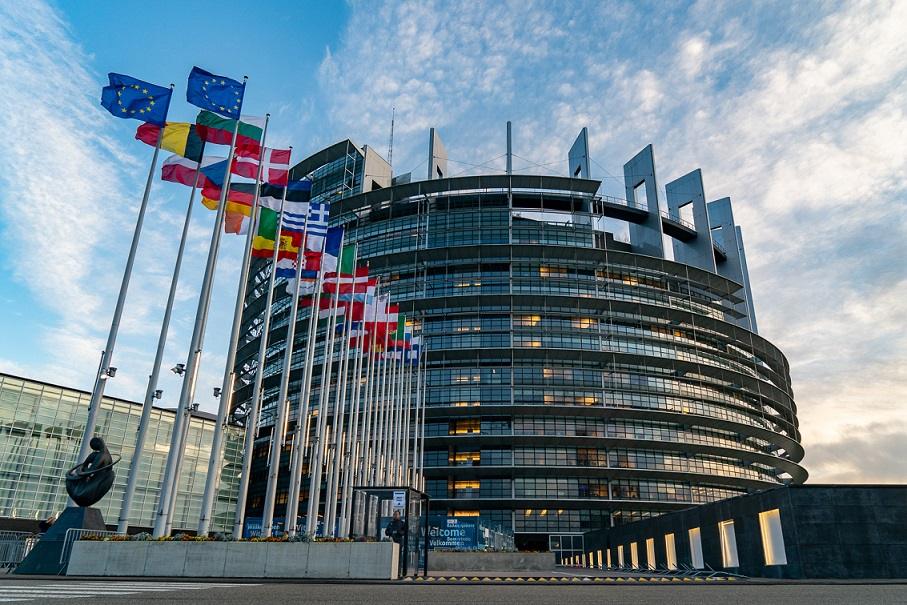The European Parliament announced the adoption by lawmakers of a series of new rules aimed at preventing and reducing textile and food waste in the EU, including measures requiring textile producers to cover the cost of collecting, sorting and recycling their products.
The announcement marks the last major legislative step in the revision of the EU’s Waste Framework Directive, following the adoption of the rules earlier this year by the European Council.
The European Commission initially proposed revising the directive in 2023, to address waste in the food and textile sectors, which are two of the top resource intensive sectors causing significant negative environmental externalities. The EU generates 12.6 million tonnes of textile waste per year, including 5.2 million tonnes of clothing and footwear, while only 22% of post-consumer textile waste is collected separately for re-use or recycling, with the remainder often landfilled or incinerated. Additionally, nearly 60 million tonnes of food are wasted in the EU each year with estimated market value of €132 billion.
Under the new rules, EU member states will be required to set up extended producer responsibility (EPR) schemes for the textile sector, similar to those currently in place to manage waste from packaging, batteries and electric and electronic equipment. The EPRs will cover textile producers and fashion brands that make textiles available in an EU country, including those using e-commerce tools and companies based outside the EU.
The EPRs will require producers to cover the costs for their collection, sorting and recycling of their products, with fees dependent on how circular and sustainable the design of their product is, including factors such as the length of use of textile products and their durability.
Products covered by the new EPRs will include clothing and accessories, hats, footwear, blankets, bed and kitchen linen, and curtains, with member states also able to set up EPRs for mattress producers.
The EPRs are to be set up by member states within 30 months of the directive’s entry into force, while microenterprises will be given an extra year to comply with the new requirements.
The updated directive also introduces the first-ever food waste targets at the EU level, with new binding 2030 goals to reduce food processing and manufacturing waste by 10%, on a 2021 – 2023 basis, and to reduce food waste from retail, restaurants, food services and households by 30%.
Following the entry of the updated directive into force, member states will have 20 months to transpose the new rules into national legislation.

